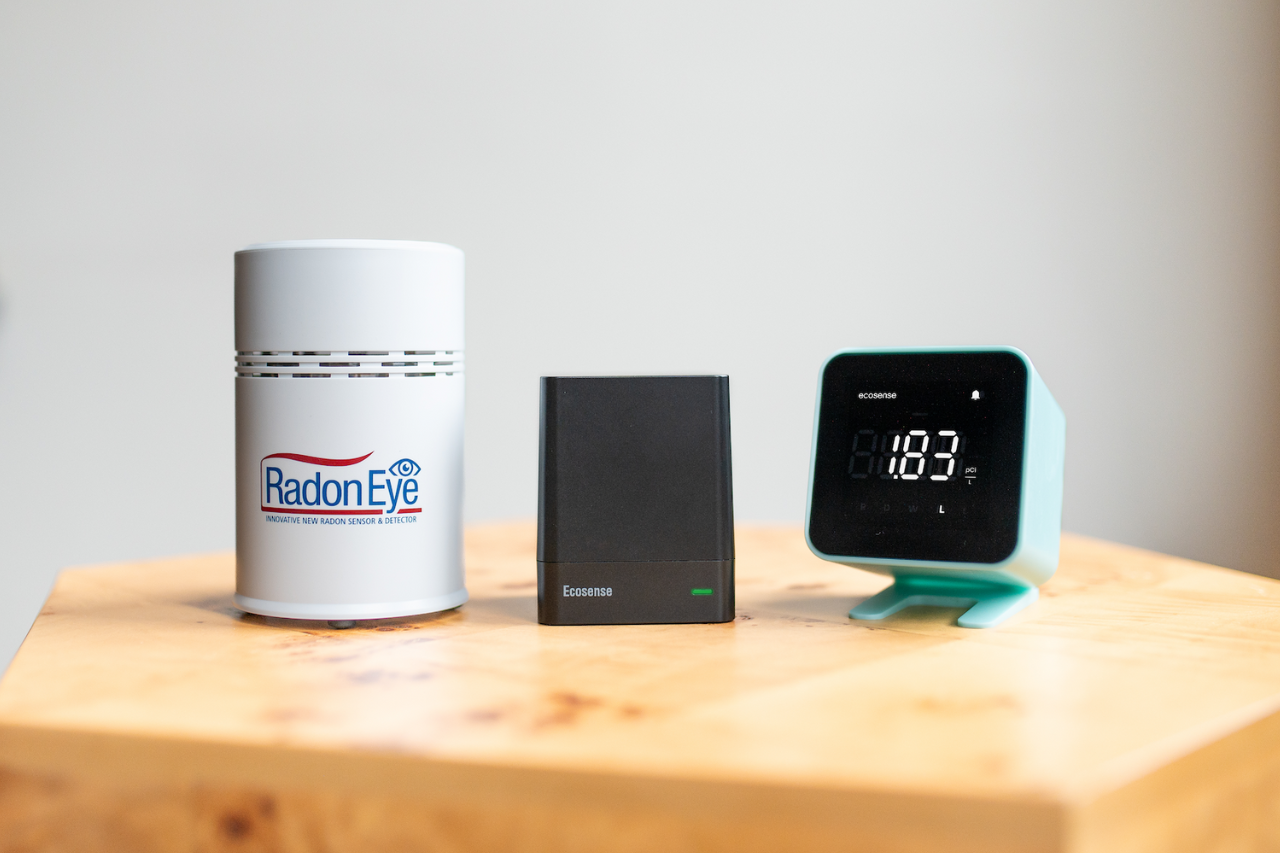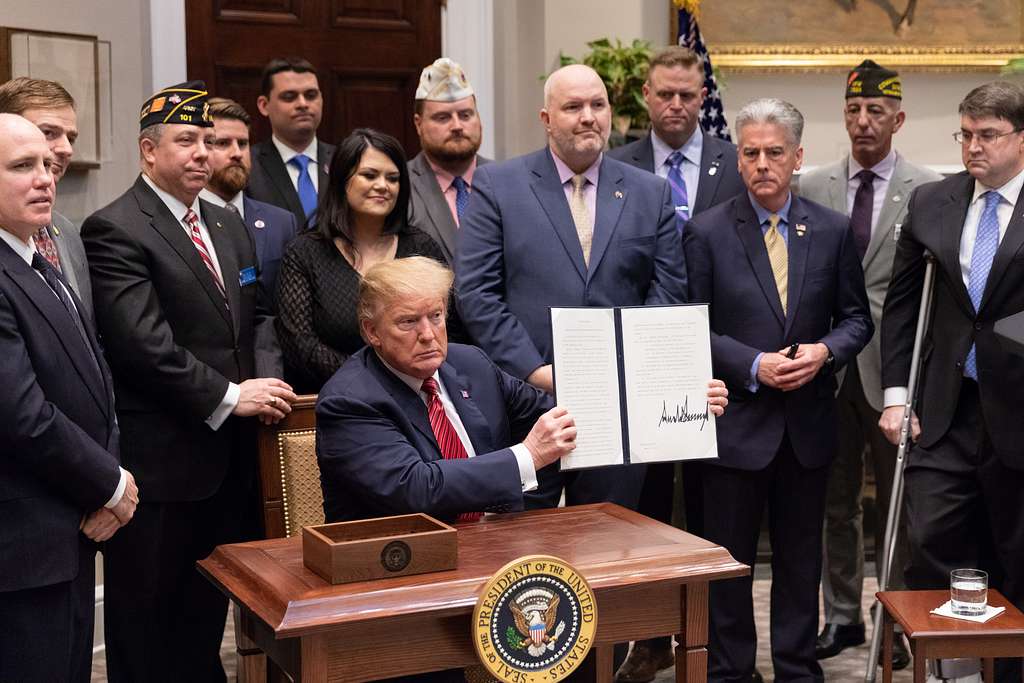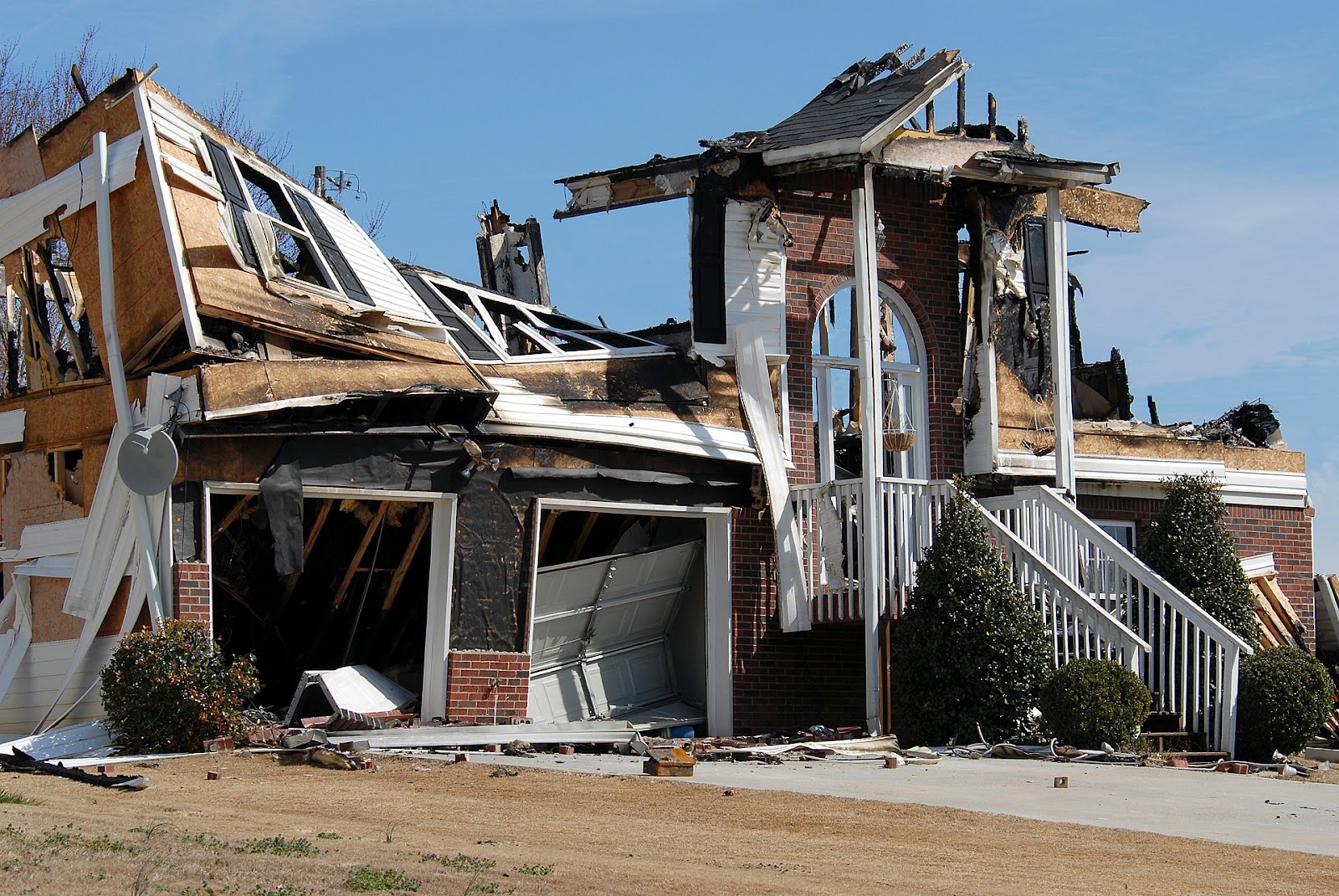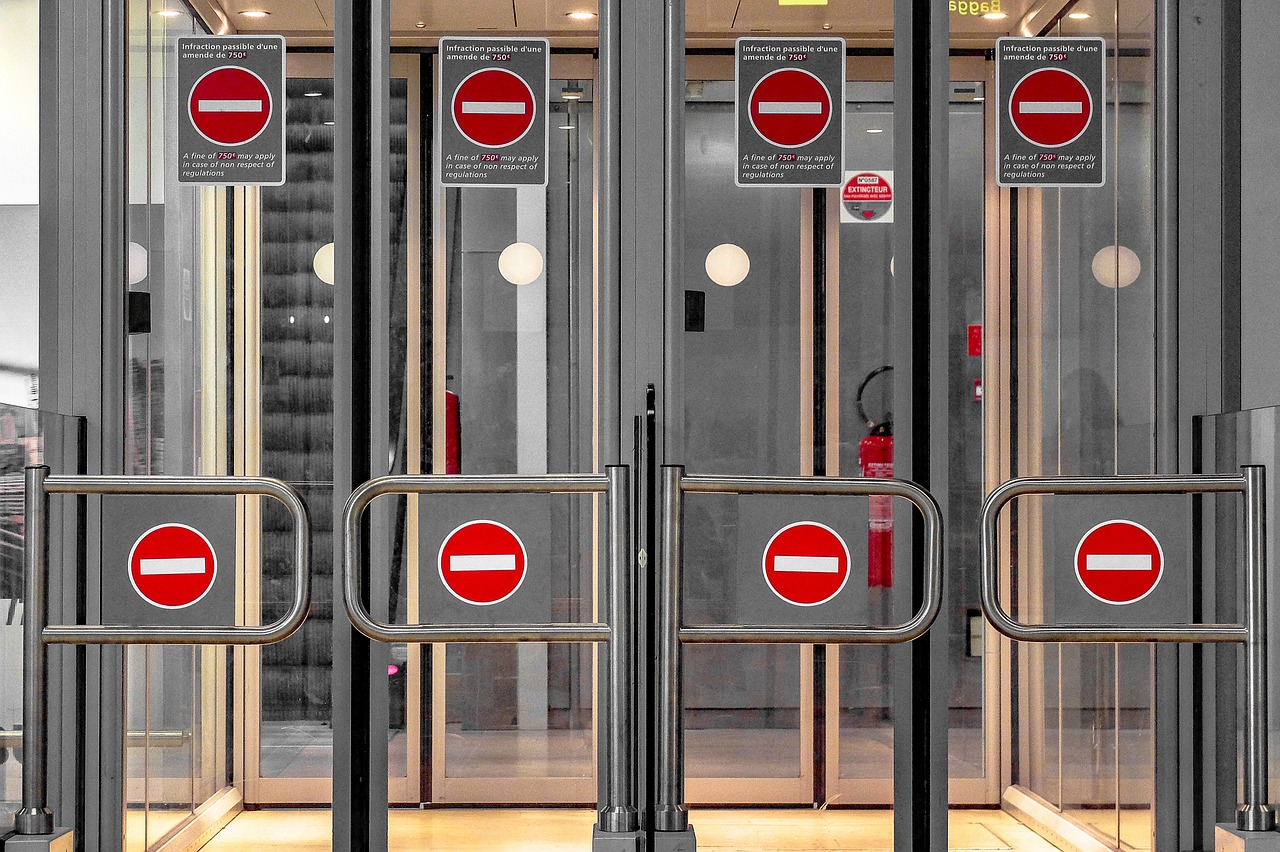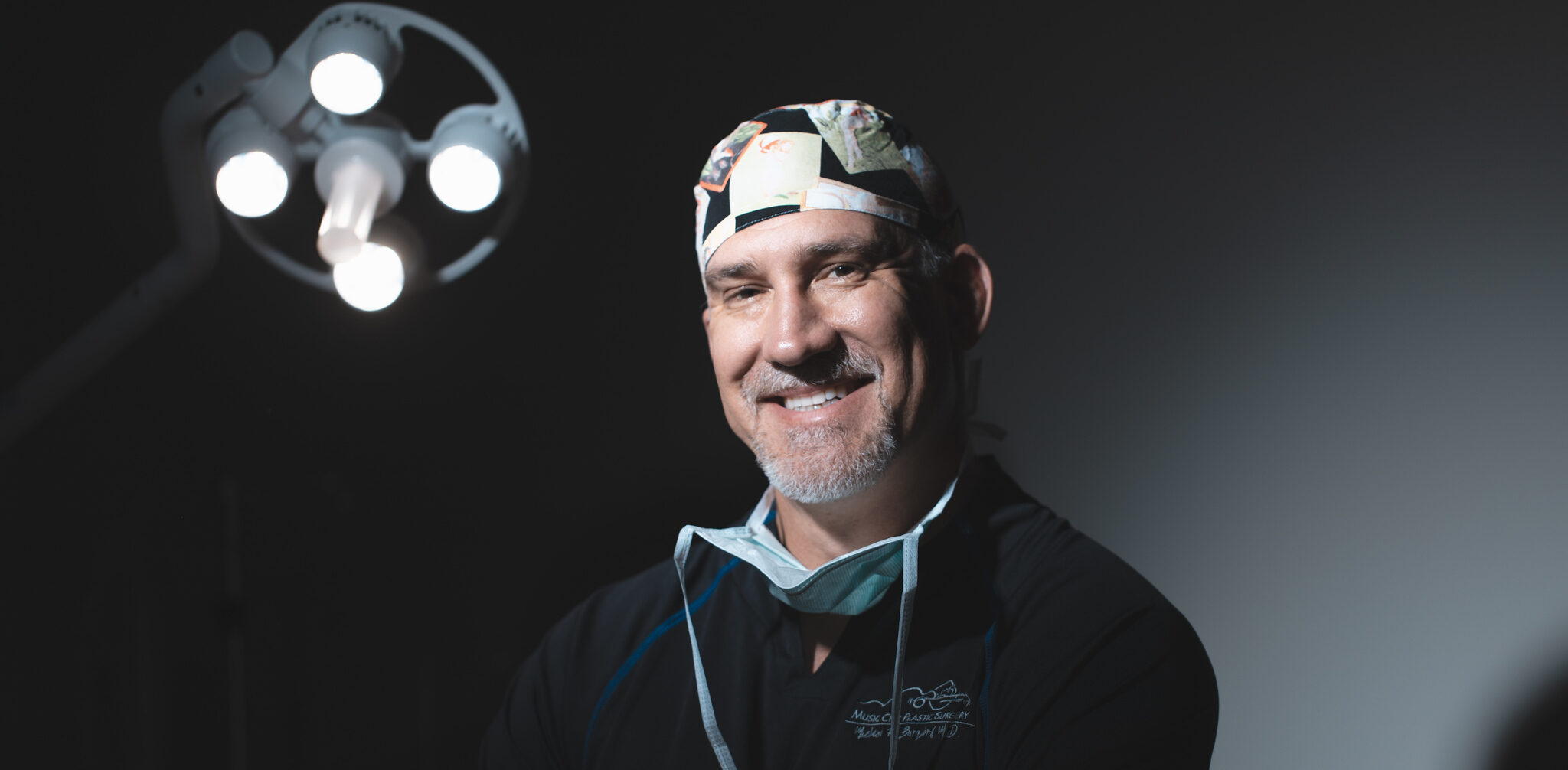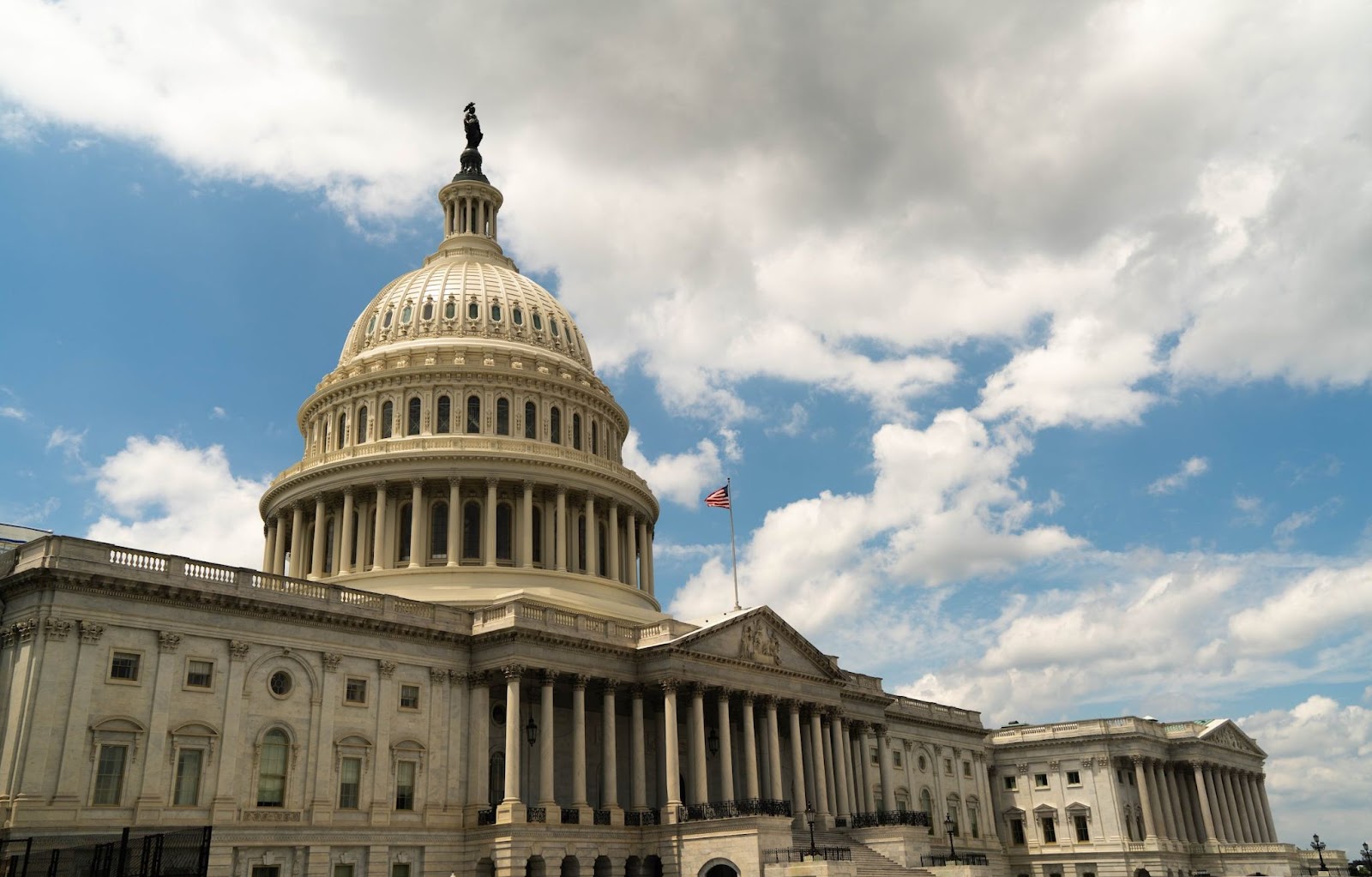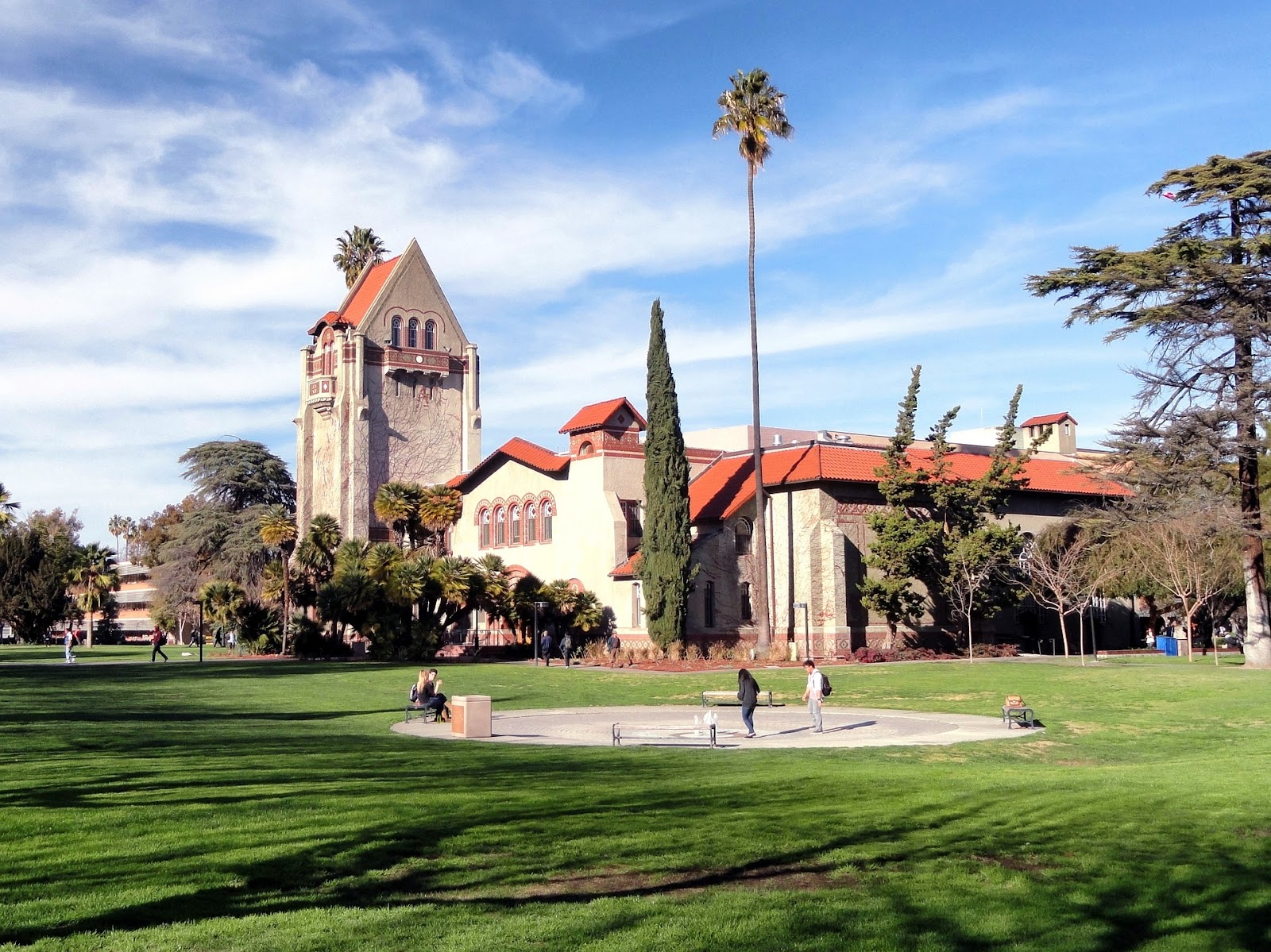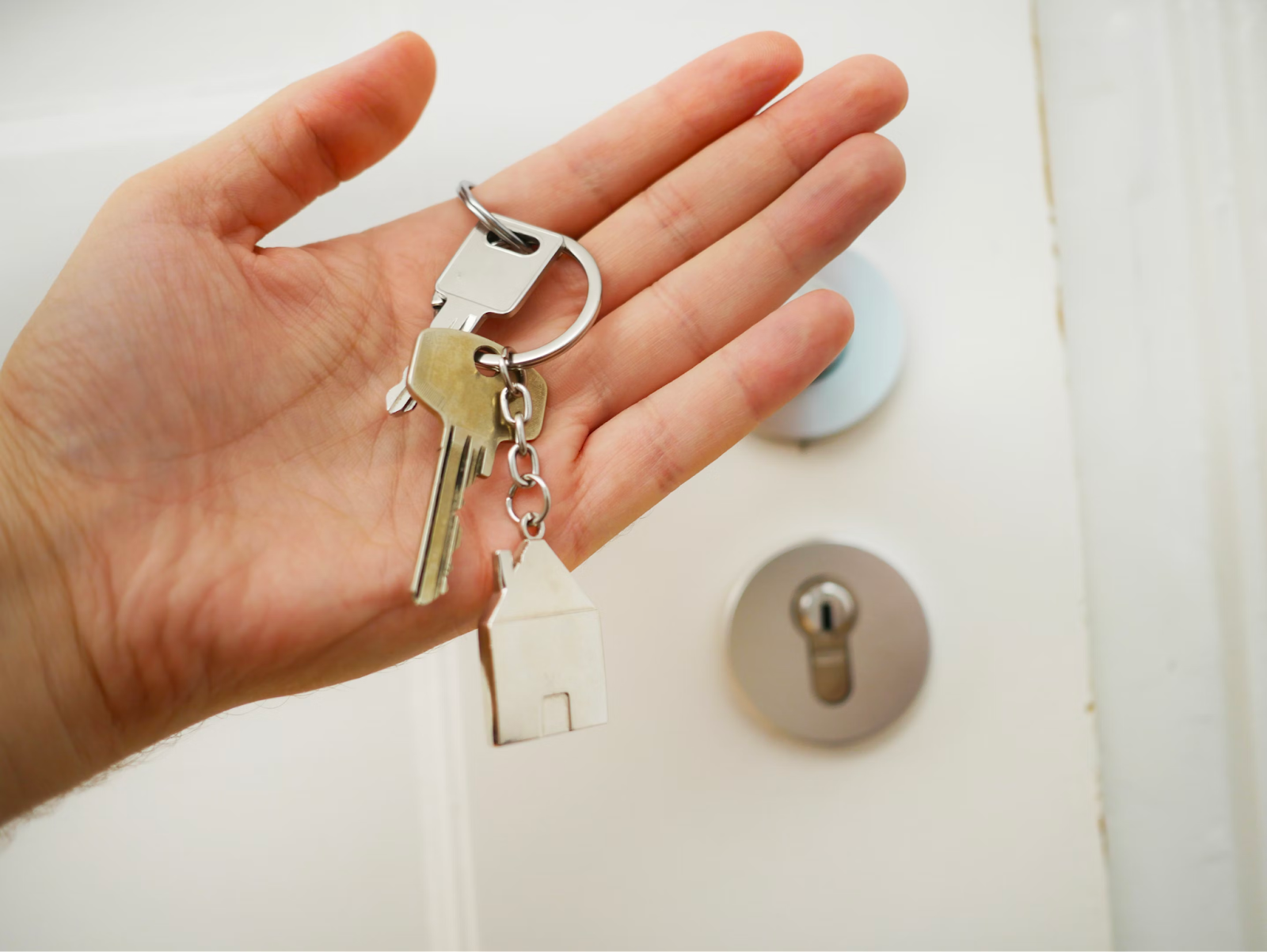It’s a fact that your mental health impacts you at every stage of your life. Whether you face intrusive thoughts about your self-worth as a teenager or are stressed out by a heavy work schedule, mental health plays a role in how you think, feel, and act. Since our mental health is so dominant in our everyday lives, it should be cared for in the same way one would care for any other health issue. Sometimes viewed as invisible illnesses—health conditions that can’t always be seen—psychiatric conditions and addiction often face more stigma than support.
On California’s March ballot, Proposition 1 seeks to address the need for mental health and addiction services for state residents. Modernizing and transforming the current healthcare system in California, Proposition 1 would help build desperately necessary housing for people who live with psychiatric conditions and/or substance use disorders, as well as add more room for care and treatment.
Kaiser Permanente supports Proposition 1, believing that a person’s total health includes physical, social, and mental health needs, and all 3 need to be invested equally to be met. Kaiser Permanente’s chair and chief executive officer, Greg A. Adams stated that their beliefs are the reason why the company elected to make huge investments in behavioral health. Adams urges California residents to go out and vote, stating that, “Proposition 1 presents a big opportunity for Californians… to take bold and necessary steps to make progress toward ensuring our state is a place where every Californian who needs care can get it.”
Proposition 1 comes in a two-part proposal that would create a $6.38 billion general obligation bond, a long-term borrowing condition that allows the state to repay the debt through semi-annual payments that span several years. Governor Gavin Newsom’s office states that the bond would go towards funding thousands of treatment beds and supportive housing, providing homes for over 11,000 individuals who live with severe mental health needs. Secondly, Proposition 1 would then require the 58 counties in California to spend more tax dollars that are set aside for mental health care and housing loss prevention.
Supporting this measure would shift a majority of California’s millionaires’ tax money, which are funds the state receives from the Mental Health Services Act (MHSA), for mental health services to housing for individuals living with mental illness. This, in turn, would strengthen the state’s mental health system. Proposition 1 would reallocate billions of dollars from the MHSA, an act that already funds nearly 25% of the state’s public mental health system yearly. Under the proposition, the state itself would get an increased share of the MHSA funds by 5%, which would increase the state funds to about $140 million annually. This funding increase comes from the individual counties receiving 5% less.
Seeking out noticeable improvements for mental health care and addiction services, Proposition 1 plans to introduce an additional 26,700 openings for outpatient treatment, a service that can be added by growing a diverse and well-trained workforce that can provide quality services to those living with mental illness and/or addiction. Recognizing a vulnerable group of Americans, Proposition 1 intends to allocate $1 billion to support veterans who are homeless and live with mental illness and/or addiction.
Proposition 1 provides the changes necessary for growth and improvement that humanity needs for a better future.








